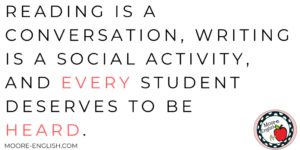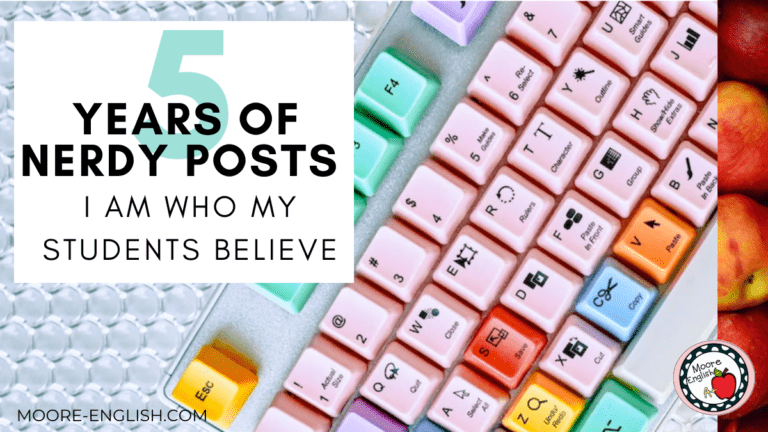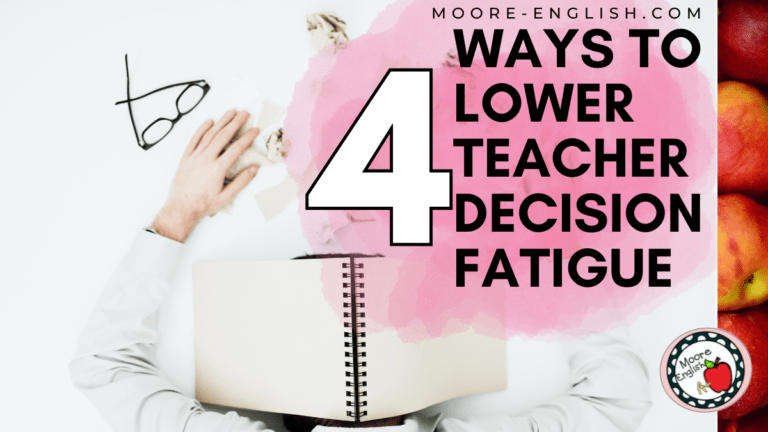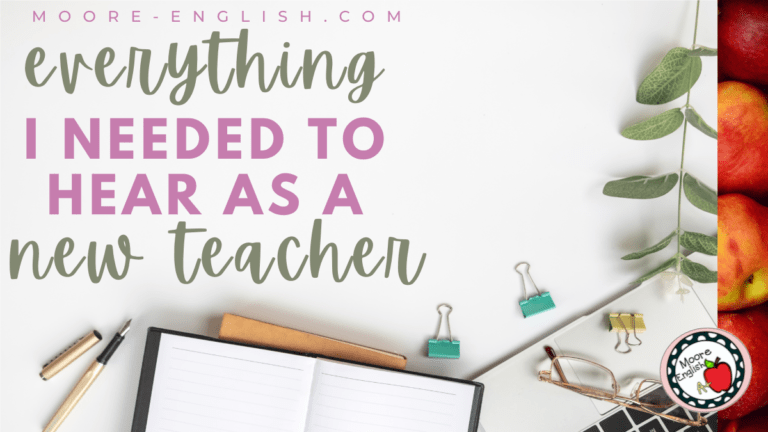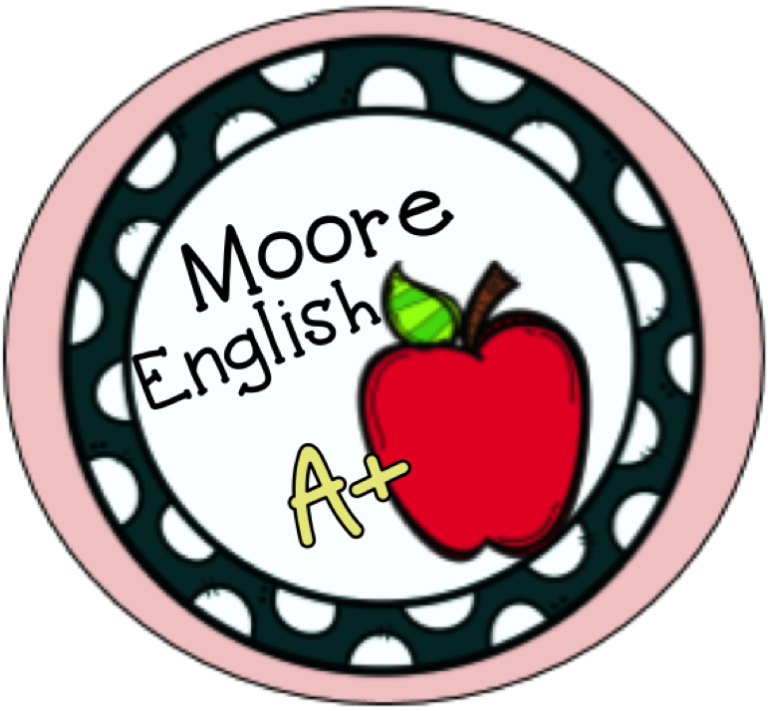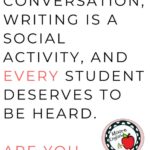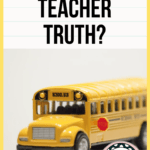As an undergrad, I had to put together a teaching portfolio. At the time, I was assured that my portfolio would help me secure a teaching position and better prepare me for the job hunt. Well, let me tell you, that was not the case. However, that portfolio did force me to articulate a concise educational philosophy, and I think about it every day. That philosophy has become by Teacher Truth.
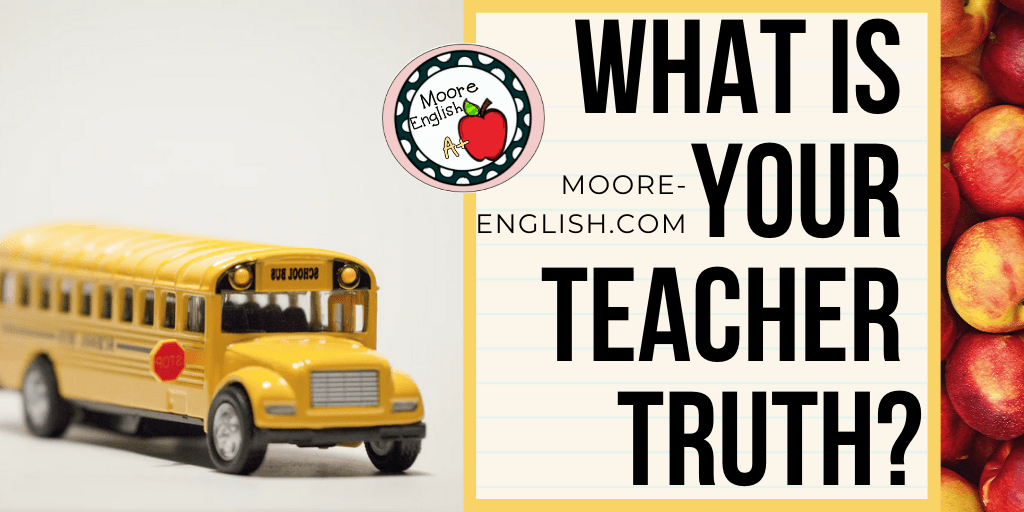
This post this post may contain affiliate links. Please read the Terms of Use.
Why do you need an educational philosophy?
An educational philosophy allows you to succinctly articulate your beliefs about the value of education, teaching, and learning to employers, parents, co-workers, stakeholders, and to your students. All teaching is political in that teaching communicates values to our students, so it is essential that teachers understand what they believe. Unfocused teaching leads to lackluster student take-aways and limited buy in. But if you know what you believe and what you stand for, you can tie every single classroom action back to that belief.
How do you develop an educational philosophy?
Begin by brainstorming. Why is education important? Why did you want to become a teacher? What is your Teacher Truth? I begin brainstorming with a word web, but you don’t have to do anything quite so formal.
Once you have a few ideas in mind, begin to narrow the field. Cross off anything inessential, inauthentic, or that’s simply not #rideordie. This is where your Truth will reveal itself.
Now package it. When I teach theme, I tell my students that themes fit on fortune cookies, and your educational philosophy should, too. Try to make your educational philosophy a concise statement of belief. Try to do it in 20 words or fewer.
Here’s mine: Reading is a conversation, writing is a social activity, and all students deserve to be heard.
When do you use your educational philosophy?
Short answer: every day. When I lesson plan, everything we do ties back to these core beliefs. When a lesson plan fails, I look back to my philosophy and more often than not, I’ve made a choice that was out of line with my Teacher Truth.
Longer answer: A concise educational philosophy comes in handy with co-workers and administrators all the time. Whether you’re actively looking for a job or looking to advance in the one you have, being able to articulate your educational philosophy will put you ahead of the crowd.
What happens if your educational philosophy fails?
When I graduated college with that insipid portfolio, my educational philosophy stopped after “social activity.” Once I had some actual classroom experience, I realized the limitations of my classroom philosophy and revised. We all have days in the classroom where the wheels come off the bus, students throw tacos (true story), and the principal does a walk through during a disaster. But those are the days when we discover the depth of our Teacher Truth. As teachers, we must be life-long learners, so having the ability to revise our beliefs is essential. As your practice evolves, so will your educational philosophy, and that’s okay. That is all a sign that you are growing as an educator.
Leave your Teacher Truth in the comments below.
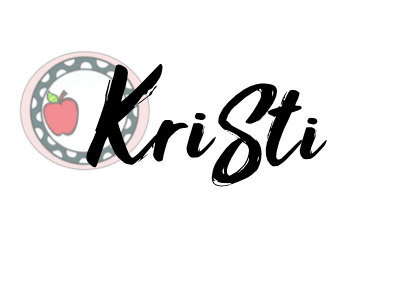
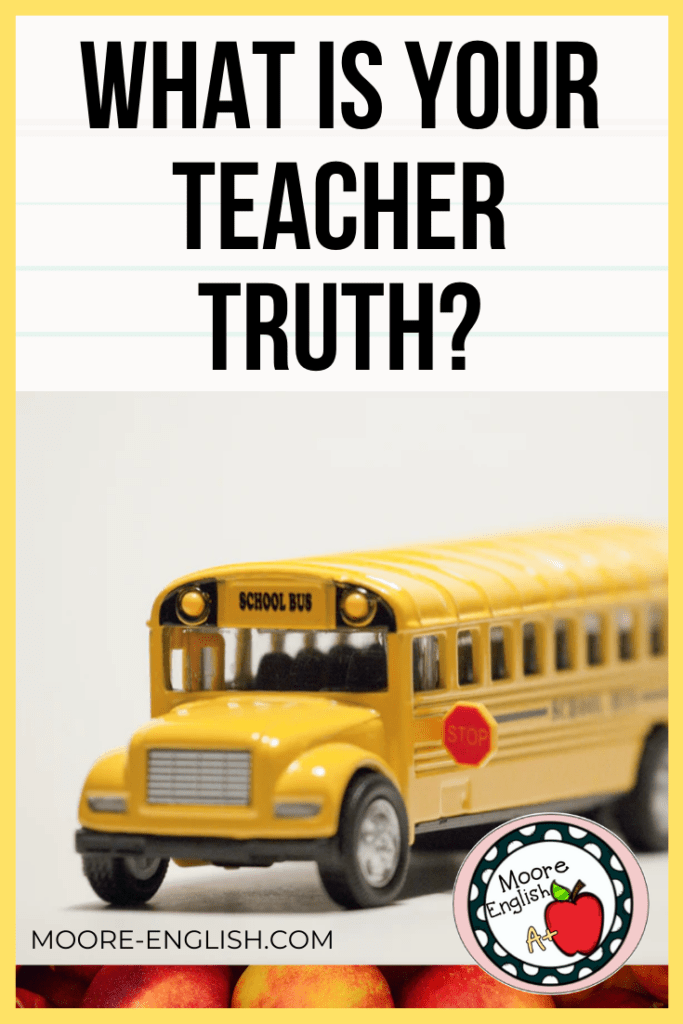
Photo by Reno Laithienne on Unsplash

